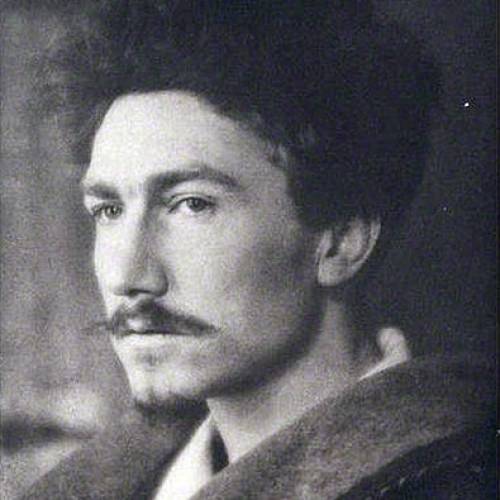 https://heaven.world/en/ezra-pound
https://heaven.world/en/ezra-pound
Firstname
Ezra
Lastname
Pound
Name
Ezra Pound
lived from:
1885-10-30
lived until:
1972-00-00
Ezra Weston Loomis Pound was an expatriate American poet and critic, and a major figure in the early modernist movement. His contribution to poetry began with his development of Imagism, a movement derived from classical Chinese and Japanese poetry, stressing clarity, precision and economy of language. His best-known works include Ripostes, Hugh Selwyn Mauberley and the unfinished 120-section epic, The Cantos.
Working in London in the early 20th century as foreign editor of several American literary magazines, Pound helped discover and shape the work of contemporaries such as T. S. Eliot, James Joyce, Robert Frost and Ernest Hemingway. This included arranging for the publication in 1915 of Eliot's "The Love Song of J. Alfred Prufrock" and the serialization from 1918 of Joyce's Ulysses.
Angered by the carnage of World War I, Pound lost faith in England and blamed the war on usury and international capitalism. He moved to Italy in 1924, and throughout the 1930s and 1940s he embraced Benito Mussolini's fascism, expressed support for Adolf Hitler, and wrote for publications owned by the British fascist Oswald Mosley. During World War II, he was paid by the Italian government to make hundreds of radio broadcasts criticizing the United States, Franklin D. Roosevelt and Jews, as a result of which he was arrested in 1945 by American forces in Italy on charges of treason. He spent months in detention in a U.S. military camp in Pisa, including three weeks in a six-by-six-foot outdoor steel cage, which he said triggered a mental breakdown: "when the raft broke and the waters went over me". Deemed unfit to stand trial, he was incarcerated in St. Elizabeths psychiatric hospital in Washington, D.C., for over 12 years.
While in custody in Italy, Pound had begun work on sections of The Cantos. These were published as The Pisan Cantos, for which he was awarded the Bollingen Prize in 1949 by the Library of Congress, triggering enormous controversy. Largely due to a campaign by his fellow writers, he was released from St. Elizabeths in 1958 and returned to live in Italy until his death. His political views ensure that his work remains as controversial now as it was during his lifetime; in 1933 Time magazine called him "a cat that walks by himself, tenaciously unhousebroken and very unsafe for children." Hemingway wrote: "The best of Pound's writing—and it is in the Cantos—will last as long as there is any literature."
Venice (Veneto), Italy
https://en.wikipedia.org/wiki/Ezra_Pound